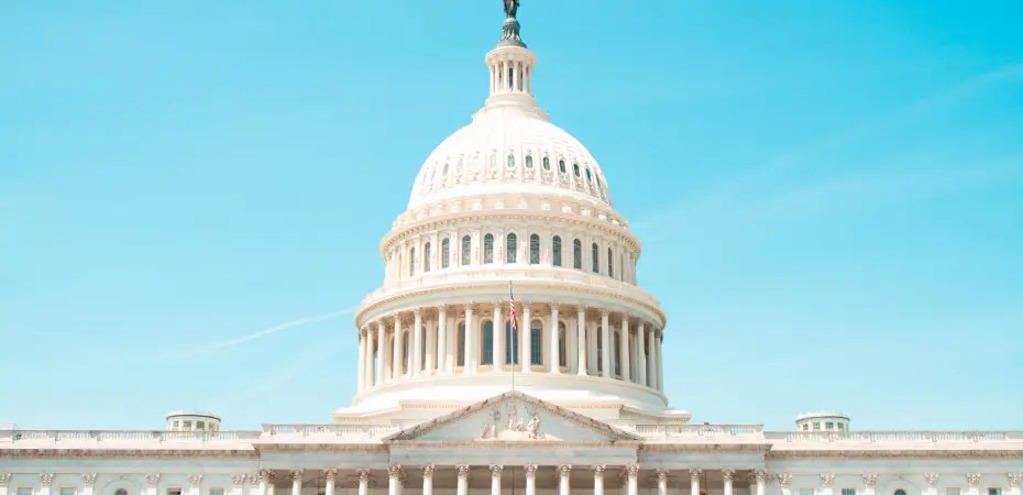CANADA: PLANS TO ACCEPT 1.5 MILLION REFUGEES BY 2027 HAS CAUSED UNJUST OUTCRY
Canada plans on bringing in 1.5 million refugees over the next three years.
As per usual, plans for large-scale immigration tend to split hairs for elite conservatives. The usual arguments in this class tend to waver between two issues: first is a cultural anxiety around the idea that the influx of new migrants will damage the “Canadian identity,” and the soft retort is that at least it will bring new jobs and stimulate the economy.
However, with the new supply-side issues brought on by the pandemic and global tensions this retort on the side of economical optimists in conservative circles is wavering. In a CBC article on this topic, Vancouver property tax expert Paul Sullivan stated:
“We build approximately 265,000 homes per year. And here we are talking about 500,000 immigrants coming in per year. We’re under supplied before we even talk about this immigrant influx… It’s not just houses, it’s daycares, it’s transit, it’s hospitals. What’s the plan, guys? Like, you can’t just keep throwing people at it.”
The issue is that the housing crisis shouldn’t exclude immigrants. A protectionist approach, like Sullivan proposes, is ultimately politically ineffective because Canada’s housing crisis is part of a global housing crisis—just look at the dire housing situation of some of the largest metropolises in the world such as Paris, London, Sydney and Brisbane, Frankfurt and Munich, Hong Kong, and of course Toronto. The solution has to do with large-scale systemic changes to how housing interacts with the market, that is, housing should not be primarily beholden to capital investments and interest.
Not to mention, as is pointed out in that CBC article by another commentator, immigrants on average don’t have enough to purchase houses in the short run. If anything, they will only impact the rental market.
How to fix this?
We desperately need something like a 21st century Glass-Steagall Act in Canada to prevent banks from becoming too big and taking risky housing loans as well as progressive corporate and personal income tax system that abates corporate “greedflation” and funnels that new government revenue into affordable public housing for incoming migrants and the next generation of Canadians.
U.S.: MIDTERMS SHOW A HUGE REPUBLICAN UPSET AS THE “RED WAVE” WAS MERELY A RED TRICKLE
The US midterms concluded last week and what has historically been the trend of midterms — the House and Senate being swept by the party opposite the current president — was not exactly the case this time around.
The Democrats, in a surprising historical shift from the norm, took the Senate with the election of Mark Kelly in Arizona putting Dems at 50 seats in the 100-seat upper house.
[more on the House as votes come in]
INTERNATIONAL: CHILE’S LAG ON PROGRESSION
Latin American countries are largely represented by leftist governments as an effect of the Pink Tide movement of the last couple decades. With Lula da Silva taking the presidency in Brazil — the largest economy in Latin America — things are looking somewhat positive for some of the most impoverished and climate-sensitive countries in the world.
Chile is no exception to this with the recent ascendance of socialist Gabriel Boric to the presidency of the coastal nation. However, there have been hiccups with getting Chile to a place of large-scale progressive reform. Much of the neoliberal residuum can be felt in the legislative branch and electoral habits of the country. Back in August, a referendum for a new constitution that would make massive changes to the Pinochet Constitution was shot down. The failed plebiscite showed that the centrist affinities that Chileans have found in the wake of the neoliberal experiment that their country underwent are going to be harder to shake than thought.
Recently, the Chilean Senate voted to ratify the Trans-Pacific Partnership (TPP), a trade agreement that includes Canada alongside 10 other Asia-Pacific nations which many climate critics have pointed out would not be strict enough on environmental degradation given its opting for arbitration mechanisms over more strenuous enforcements for clamping down on climate-protective protocols. The nation has delayed ratifying TPP for four years now, but with the majority of the Senate voting yea in October, the deal is sealed.
Boric has been openly anti-TPP, but vowed to sign the bill despite his party’s opposition.
THEORETICAL CONSIDERATIONS: TIMOTHY SNYDER’S INSIGHTS ON TYRANNY
Timothy Snyder is a professor at Yale University who has been one of the foremost authors on totalitarianism in the last decade. In his 2017 book On Tyranny he puts forward “twenty lessons from the twentieth century.”
Ranging in rules such as “Do not obey in advance” to “Believe in truth” and even some quaint gems such as “Make eye contact and small talk,” Snyder has no problems using his breadth of knowledge on the totalitarian fascist and communist regimes of the 20th century to craft gnomic and useful lessons for his reader to aid in understanding the direction of our current moment.
What’s clear at the outset of this book is that this isn’t Jordan Peterson’s Twelve Rules for Life. Instead of boiling down psychologies into private affairs with only private solutions, Snyder is a deeply political and, by extension, democratic thinker who wants to take the old ideals of democracy as practiced in Ancient Greece and Rome, which would fall with the rise of the Church, and later be thought through by the Founding Fathers of America and extend them to thinking through today.
Snyder’s starting point is similar to Aristotle’s in that human beings are best thought of as political animals and so Snyder’s intellectual tenure is geared to make the 21st century citizen the best political animal they can be.

